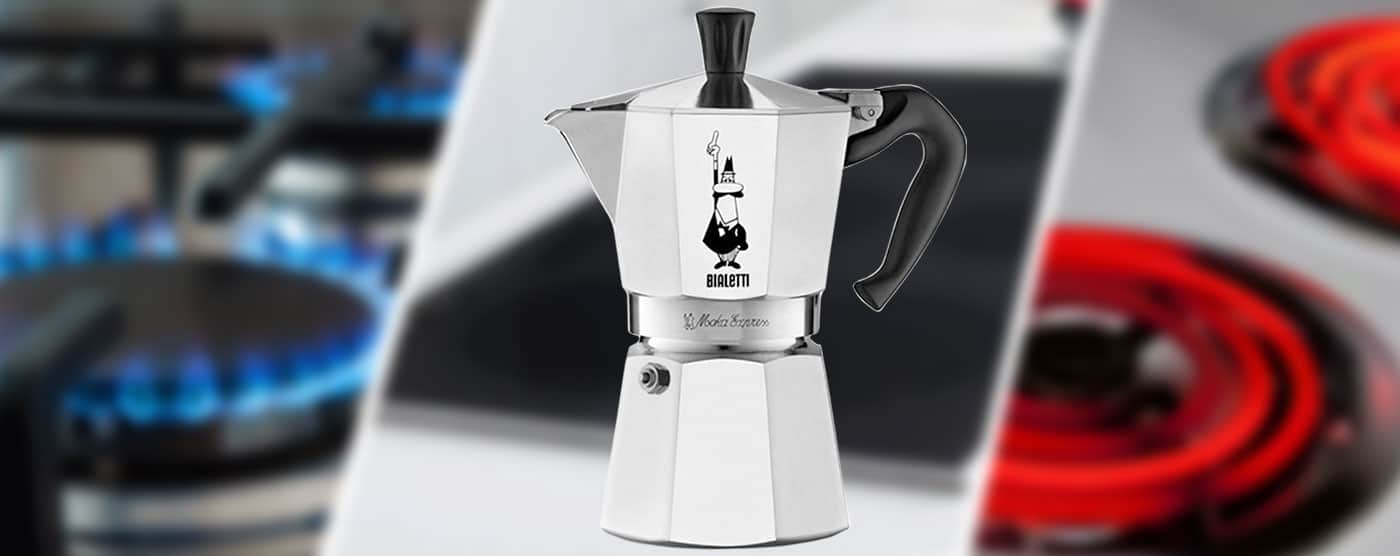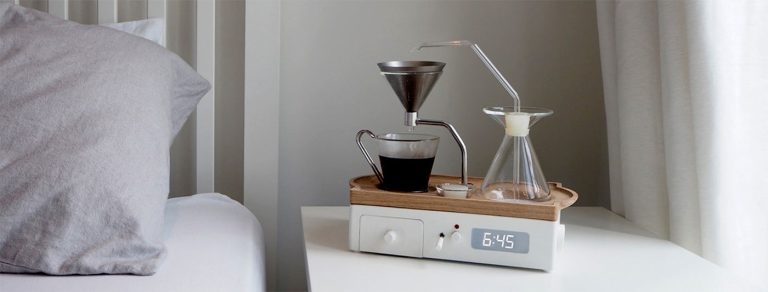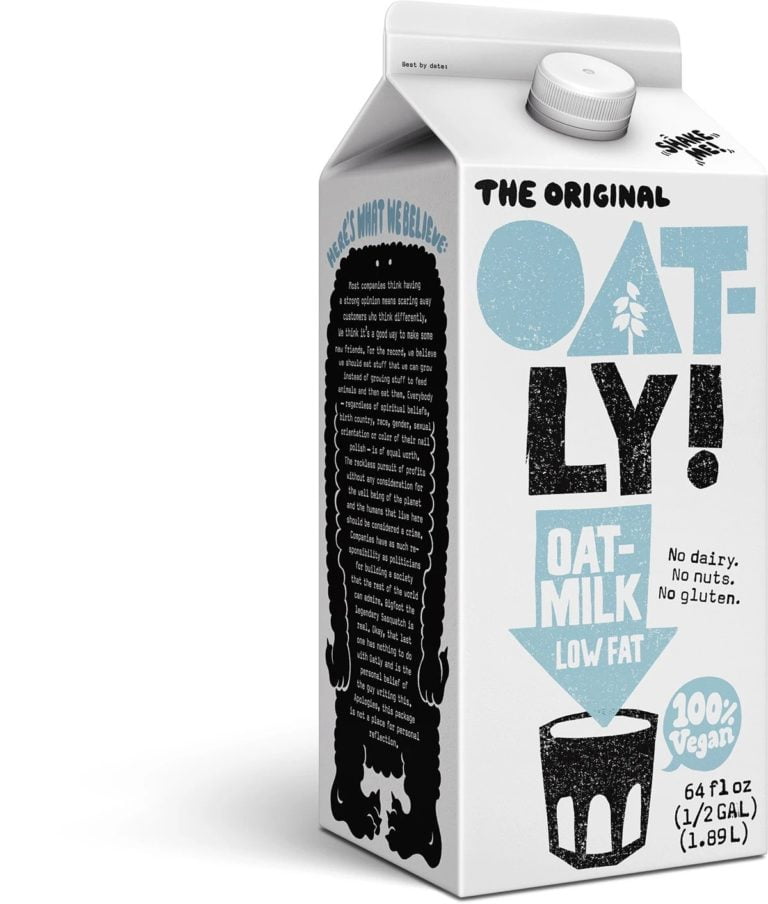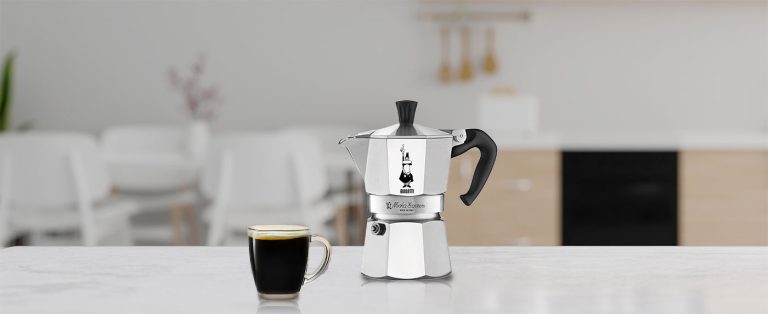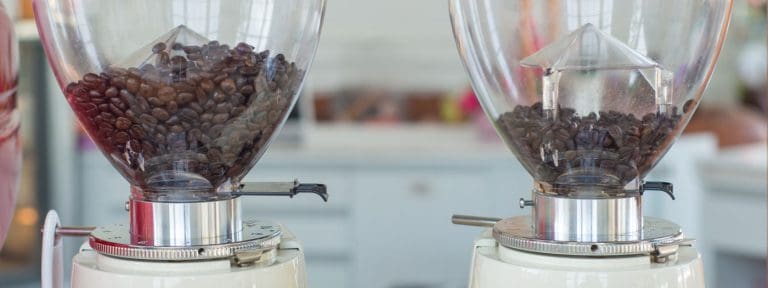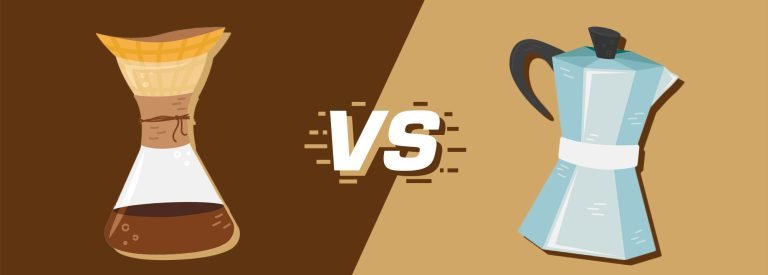The 3 Different Surfaces Your Moka Pot Will (And Won’t) Work On
Wondering why your Bialetti Moka Express isn’t working on your induction stove?
Is your Moka pot brewing espresso a lot slower than expected?
This all might have something to do with the surface you’re cooking on.
Let’s find out together.
Key takeaways
Here is a table that answers whether your Moka pot will work on your stove.
| Aluminum | Stainless steel | |
|---|---|---|
| Gas stovetop | Yes | Yes |
| Electric stovetop | Yes | Yes |
| Induction stovetop | No | Yes |
How Does a Stovetop Espresso Maker Work?
Moka pots are made of aluminum or stainless steel, and consist of three parts screwed together to create an airtight and pressurized coffee maker.
- The bottom chamber holds the water.
- The middle filter basket is where the ground coffee will be placed.
- The top chamber is where the brewed coffee will be collected.
When you place the Moka pot on a heat source, the water will reach boiling point and create steam. As the pressure from the growing volume of steam increases, the water is pushed up to the middle filter basket and goes through the coffee grounds. The saturated liquid continues flowing up until the coffee is collected at the top chamber.
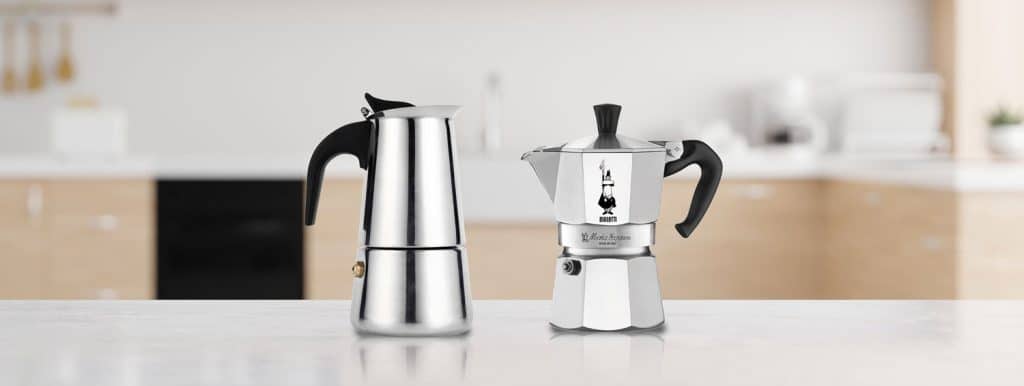
You should know about the surfaces your pot can work on since aluminum pots, for example, will only work on gas or electric stoves.
Let’s talk about this in more detail.
Can I Use a Gas Stove For My Moka Pot?
Both aluminum and stainless steel pots will work on a gas stovetop. In fact, Alfonso Bialetti originally designed Moka pots to be used on gas stoves.
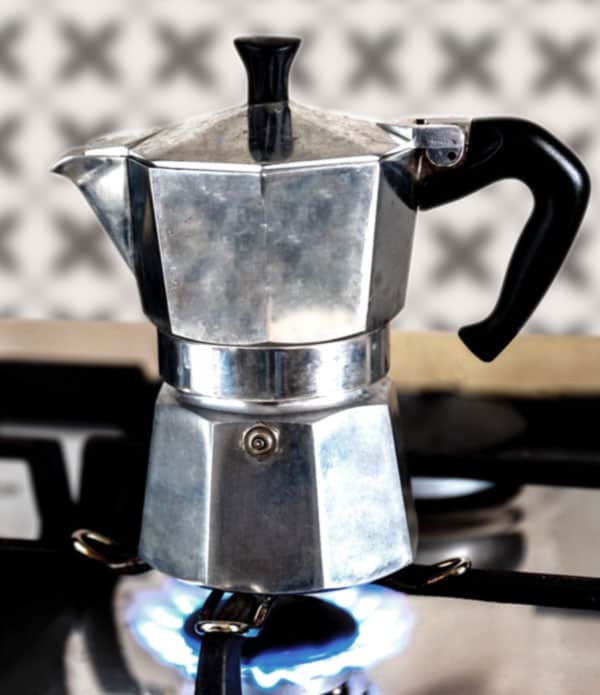
It is often recommended to use gas stovetops because you can control the heat directly. The open flame distributes heat more quickly and allows you to have more accuracy with your heat source. And by following the right guidelines, you can brew your coffee safely.
This was the initial plan for stovetop coffee makers in general. Even when you don’t have electricity, you can switch on your gas stove and still get a delicious cup of coffee.
Does A Moka Pot Work On Induction Stoves?
This is where the material of your pot starts to matter.
Moka pots made from aluminum will not work on induction cooking. Induction stoves use magnetism to heat the appliance, but aluminum is not magnetic.
Of course, there’s no need to worry if you have an induction stove at home:
- A stainless steel Moka pot will work well with induction cooking, and there’s little to no downside to getting one. They are more durable compared to their aluminum counterparts and require less meticulous cleaning.
However, they are the more expensive options. I would like to warn against buying cheaper steel pots as well. The cheaper it is, the more likely that other metals are mixed in. This could lead to uneven distribution of heat that will instantly affect the taste of your coffee. - Or you can get a stainless steel plate that you put between the stovetop and the aluminum Moka pot. The plate heats up (be very careful with it), which heats the pot.
It will take longer for the adapter to heat up, however, so the brewing process will also take longer.
Will My Moka Pot Work On An Electric Stove?
Electric stoves will work with Moka pots regardless of the type you have. It works with aluminum Moka pots because it provides heat with infrared energy.
When you use an electric stove, however, it’s best to always fill the bottom chamber with pre-heated water so that your Moka coffee brews more smoothly.
Here’s how to make Moka pot coffee using an electric stove:
- Fill with hot water up to the safety valve – the main disadvantage of the electric stove compared to gas stoves is its slow heating process. Using pre-heated water helps eliminates this.
- Fill the coffee basket – Use medium-fine coffee grinds and fill the filter basket.
- Turn the heat to medium-high – I don’t suggest starting with high heat, even when you’re not using pre-heated water. It shortens the brew time, but leaves you with over-extracted, bitter coffee.
- Place your Moka pot on the stove and start the brewing process.
- Lower the heat – once the top container is half-filled, turn the electric stove down to lower heat. This allows the brewing process to continue without letting it heat so fast that the coffee grinds burn.
- Take off the heat and run through cold water – Once the brew is complete, turn the stove off and let the pot sit for 20-30 seconds. Make sure the Moka pot is still sealed tight, then run it through cold water to immediately stop the heating process.
How to Tell What Your Moka Pot Is Made of?
If for whatever reason, you don’t know what your Moka pot is made of, you can simply test it with a magnet.
If it’s magnetic, then you know it is stainless steel and will work with induction stovetops.
A New Alternative? The Electric Moka Pot
A more recent innovation in the world of Moka pots in the electric pot, which has it’s own electric heat source.
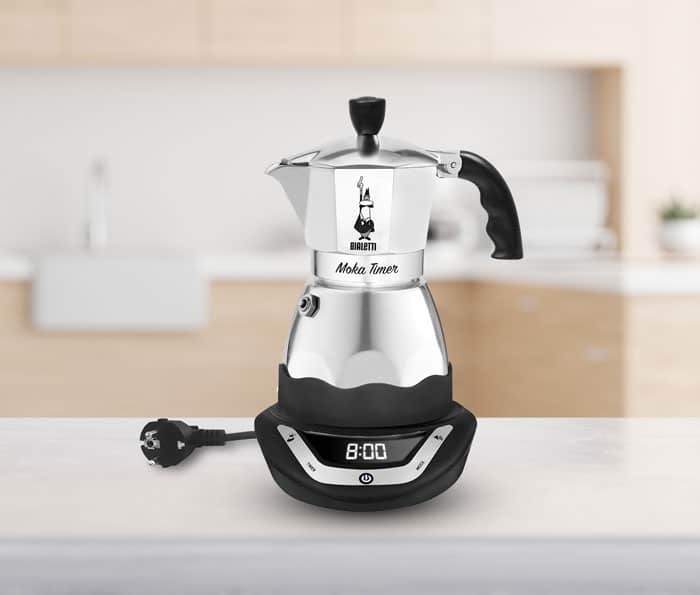
Simply plug the base in, press the button, and you now have something close to an automatic coffee machine. You won’t have to worry about brew time or pre-heating because it automatically shuts off as well.
With these Moka pots, you never have to worry about compatibility with the stove. Just follow the usual process of making Moka espresso and you’ll have delectable, espresso-like coffee.
Of course, there are downsides to consider as well:
- You have to be extra careful when cleaning. The part that attaches to the base of the Moka pot which will be plugged in should not be wet.
- If you have no electricity in your area, you can’t enjoy your coffee.
Conclusion
Using a Moka pot is the closest you can get to producing real espresso coffee without an espresso machine. I hope I’ve helped clear up your questions about the right surfaces for your stovetop espresso maker.
Then again, the surface to brew on is only one of the factors to consider to get good-quality coffee in a Moka pot.
Did you get it right when you first bought your Moka pot? Tell me how it went in a comment below.

